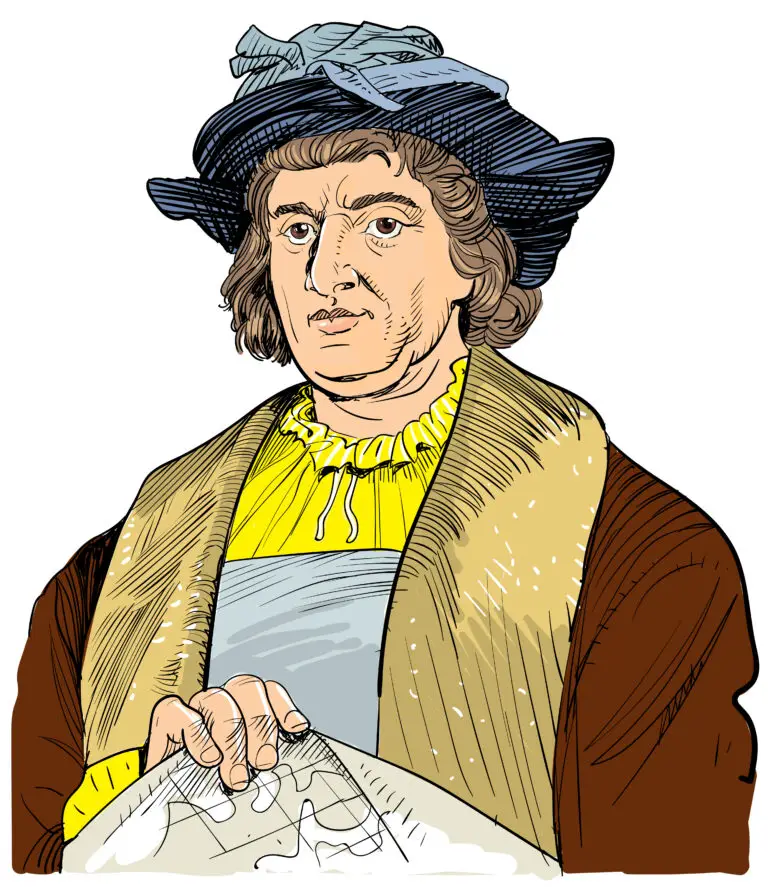Reconquista

Table of Contents
Reconquista Overview
The Reconquista was a centuries-long military campaign by Christian kingdoms in the Iberian Peninsula to recapture territory from Muslim rule. Beginning in the 8th century and continuing until the late 15th century, the Reconquista saw gradual Christian advances against the Islamic states that had conquered much of the peninsula in the early Middle Ages.
Key events included the capture of Toledo in 1085, the establishment of the Kingdom of Portugal in 1139, and the conquest of Granada, the last Muslim stronghold, in 1492.
History of Reconquista
The Reconquista began in the early 8th century after the Muslim conquest of the Iberian Peninsula (711–718) and continued until the fall of Granada in 1492.
Christian kingdoms such as Asturias, Navarre, and the Kingdom of Leon were established in the northern part of the Iberian Peninsula following the collapse of Visigothic rule.
The Kingdom of Asturias, under King Pelayo, achieved the first Christian victory over Muslim forces at the Battle of Covadonga in 722, marking the beginning of the Reconquista.
The Reconquista was characterized by a series of battles, sieges, and territorial conquests by Christian kingdoms against Muslim rulers, as well as internal conflicts among Christian factions.
The city of Toledo was reconquered by Christian forces in 1085, marking a significant turning point in the Reconquista and leading to the establishment of the Kingdom of Castile.
The Crusades, particularly the Second Crusade (1147), saw European Christian armies join forces with Spanish Christian kingdoms to combat Muslim control in the Iberian Peninsula.
The Kingdom of Aragon, through the marriage of Ferdinand II of Aragon and Isabella I of Castile in 1469, united with Castile to form the powerful Spanish monarchy.
The fall of Granada, the last Muslim stronghold in Spain, occurred in 1492 when the forces of Ferdinand II of Aragon and Isabella I of Castile captured the city from the Nasrid dynasty.
The Reconquista had significant cultural and religious implications, leading to the expulsion or forced conversion of Muslims and Jews from Spain during the Spanish Inquisition.
The completion of the Reconquista coincided with the discovery of the Americas by Christopher Columbus in the same year (1492), marking the beginning of Spain’s colonial empire.
Related Links
Crusades
Middle Ages
Age of Exploration
Enlightenment Era